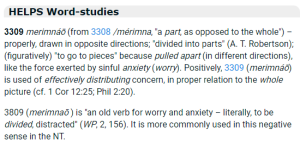Review – Matthew 5:3-12 . The Beatitudes
- Brief review by Peter
- How would you summarize the point of the Beatitudes in one or two sentences?
If you want to dig deeper, check out my notes on the Beatitudes from February 2023.
Matthew 7:7-8. Ask, Seek, Knock.
- See also Luke 11:9-10
- Do you think these verses are general advice about all sorts of prayer requests, or do you think Jesus has something more specific in mind?
- See Matthew 6:31-33.
What might Jesus be encouraging us to seek?
Matthew 7:9-11. Father gives good gifts.
- See also Luke 11:11-13.
- When we are discontent, distressed or anxious, what sorts of comforts does our flesh (sinful nature) prompt us to seek?
See Matthew 6:30-32. - In the midst of a dark age, why do we need to be reminded that the Father wants to give us good gifts?
See Matthew 6:32-33. - See Luke 11:13 and Ephesians 1:13-14.
Why is the Holy Spirit the best gift the Father could give us?
Matthew 7:12. The Golden Rule.
- Rabbi Hillel taught a very similar principle, although his teaching was to avoid doing to others what you would not want them to do to you. See this comment.
- Jesus was reminding his listeners of things they were already supposed to know, but as usual, he takes it to another level.
- What is the simple but profound challenge of this saying?
Matthew 7:13-14. The Narrow and the Broad Road.
- Why is the way to eternal life narrow?

